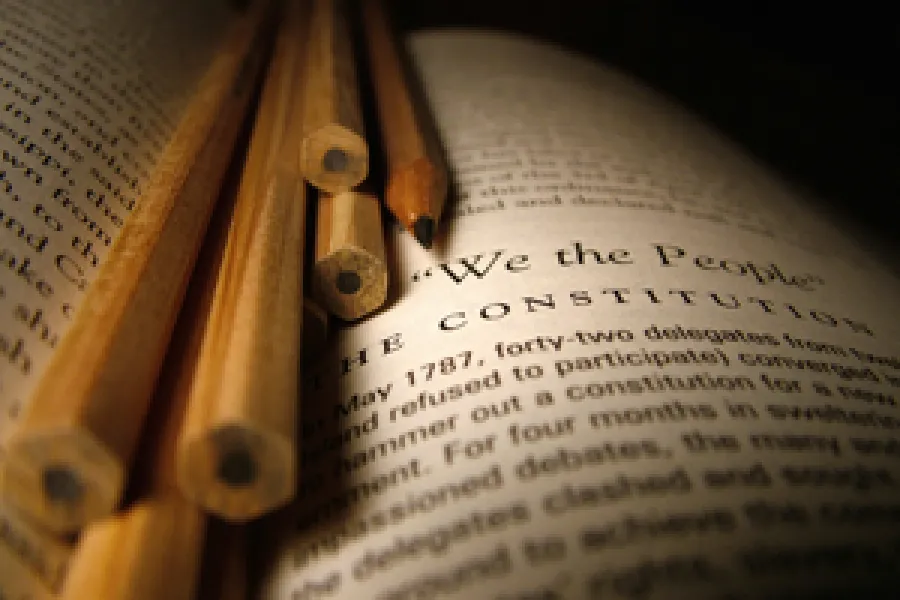Federal depository libraries are an important connection between the people throughout the United States with their Government.
As part of the Federal Depository Library Program, these libraries collaborate on a local and national level to provide access to both current Web-based Federal Government resources and services and historical Federal documents. Some of our libraries have been participating in the Program since the early 19th century.
And that's not all. By becoming a Federal depository library, members receive other benefits, including exclusive no-fee access to password protected Federal Web services; free access to cataloging records and metadata; training on a variety of Federal information services and products; and promotional materials. Members also have access to a vast network of information professionals with expertise in Federal information resources.
Responsibilities of Federal Depository Libraries
As part of the Program, Federal depository libraries must perform the following functions:
- Maintain a collection of at least 10,000 books (i.e., print and microfiche information products), other than the Federal Government information products received through the FDLP.
- Provide free public access to the Federal documents collection and public access workstations.
- Process, catalog, and maintain Federal materials in a timely manner and within prescribed guidelines.
- Understand and comply with the legal regulations of the Program.
- Have knowledgeable reference staff who are trained in the use of depository information resources.
How to Join
There are two ways to be designated as a Federal depository library.
- Congressional Delegation. Each Member of Congress may designate up to two qualified libraries.
- Senators may designate libraries within their state if a vacancy exists for a Senator’s class.
- Representatives may designate libraries within their congressional districts if a vacancy exists.
- By-Law Designations. Special Provisions of Title 44 of the United States Code.
- The Public Printer of the United States may designate the libraries at land-grant colleges and universities, the Highest Appellate Court of a state, accredited law schools, and state libraries.
- The Superintendent of Documents may designate the libraries of Federal agencies.
Read the Designation Handbook for more in-depth guidance regarding the designation process, including specific steps and samples of letters that may be used as templates.




